Description
Parent participation in Non-violent Resistance (NVR) is an approach developed by author Elisabeth Heismann and colleagues that uses principles of NVR to help carers resist violent and out of control behaviours and to establish a warm, loving and containing parental presence with their children. It is based on 15 years of collaborative practice in various settings and organisations and is presented as a formula for good practice.
In this unique book, three parents with lived experience of using NVR and a family therapist who has used the approach extensively, demonstrate the experience and positive impact of parent participation in NVR in one of London’s most polarised boroughs in terms of the distribution of wealth and deprivation, where gang problems, knife crime and child sexual exploitation are rife. The challenges they have faced represent issues many families experience in the UK and beyond, where young people, families and communities can feel judged and pathologised as ‘bad’ and consequently do not voluntarily access existing social care, mental health and educational services, or want to ‘dance to their tune’.


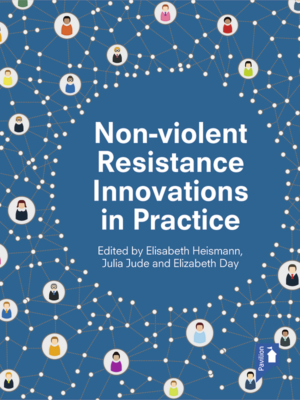
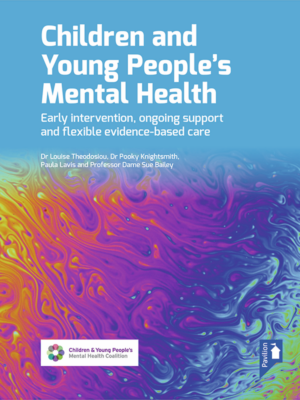
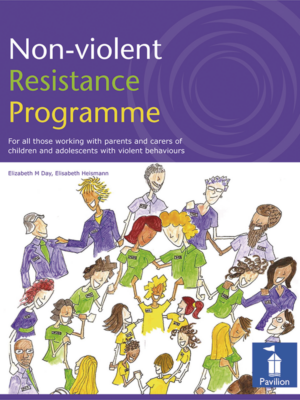
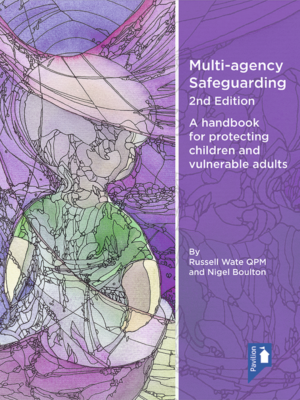
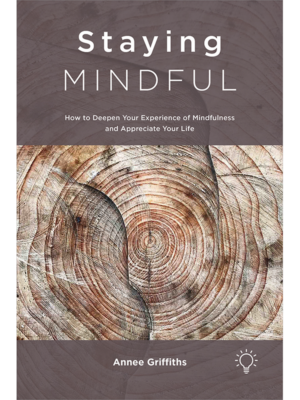
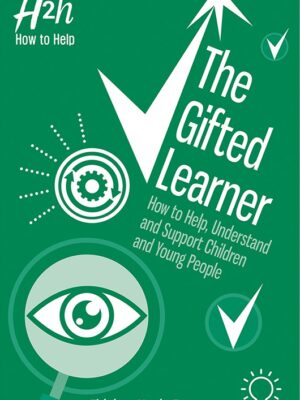
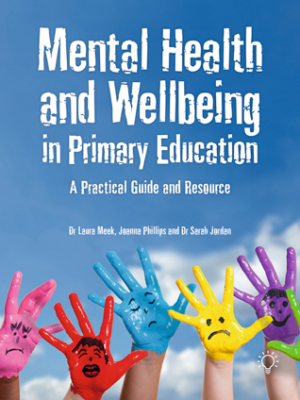
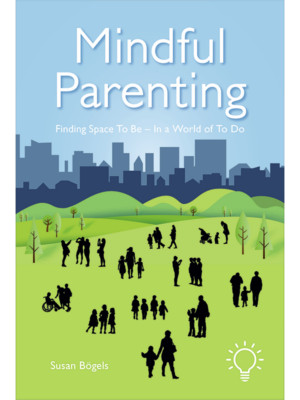
Reviews
There are no reviews yet.